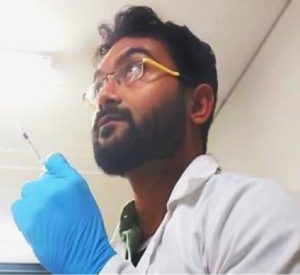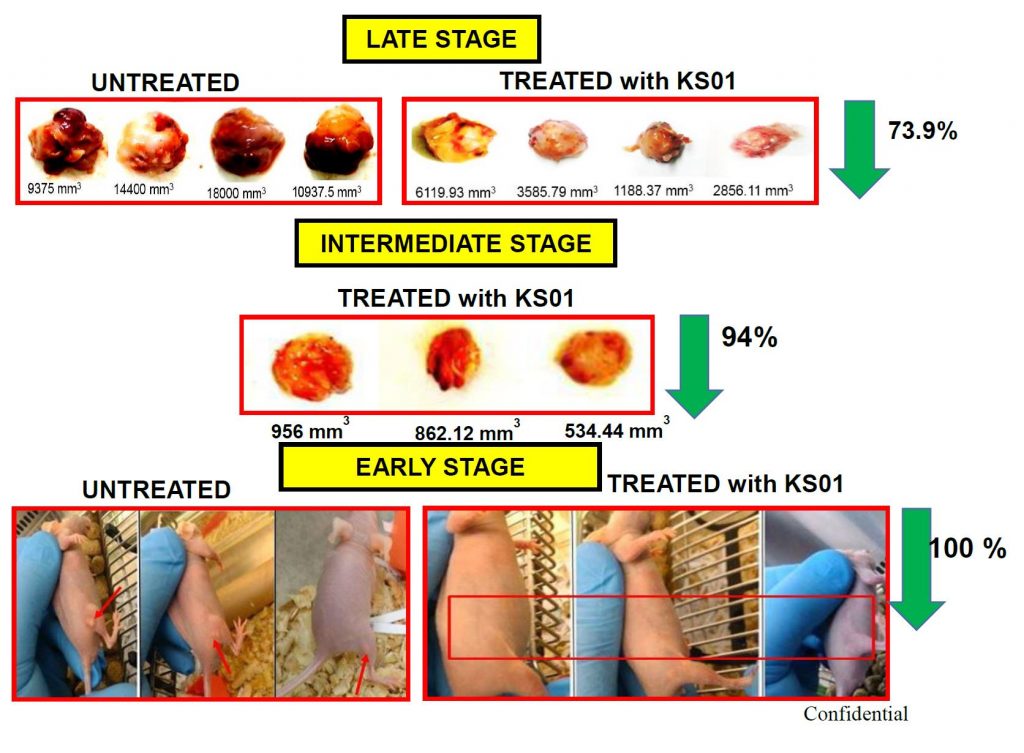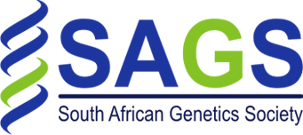
Are we on the verge of a cure for breast cancer?
Written by Sourav Taru Saha and Mandeep Kaur
Sourav Taru Saha and Mandeep Kaur Department of Biochemistry, School of Molecular and Cell Biology, University of the Witwatersrand, Private Bag 3, WITS- 2050, Johannesburg, South Africa.
Every 1 in 28 women have breast cancer in South Africa, which is quite alarming. Current treatments available are surgery, chemotherapy, HER targeted therapy and hormone treatment and all of them have severe side effects like it affects cells in the bone marrow, digestive tract, mouth, hair follicles and reproductive system. There are also numerous reports of the development of uterine cancer, cataracts, blood clots and even heart attack and most importantly currently there is no treatment available for hormone independent breast cancer or Triple negative breast cancer. So the most pertinent question is what was our approach for treatment? And the answer is to target cholesterol. Why cholesterol? That’s because, cells have cell membranes and cholesterol is an integral component of the cell membrane and because cancer cells divide rapidly therefore they have an increased need for cholesterol. Therefore, we introduced a compound called KS01 which was been patented in January 2019. It is a cholesterol-depletor which depletes excess cholesterol thereby causing cancer cell death. It solubilizes the cholesterol and is proven to be toxicologically benign in humans. Our work provides conclusive experimental evidences to support this hypothesis. Cancer cells were injected in mice to induce tumor because mice and humans share similar genetic makeup and also for a compound (KS01) to come to the market as a drug, it needs to be first tested on smaller living organisms. They were then treated with KS01 and we achieved extremely promising results where tumor was reduced by 73.9%, 94% and 100% in late, intermediate and early stage triple negative breast cancer upon treatment with KS01 with no side effects throughout the course of the study which lasted for 7 months. These data suggest that KS01 can prevent cholesterol accumulation in breast cancer cells and is a promising new anticancer agent. Next year we will be testing KS01 on humans.

